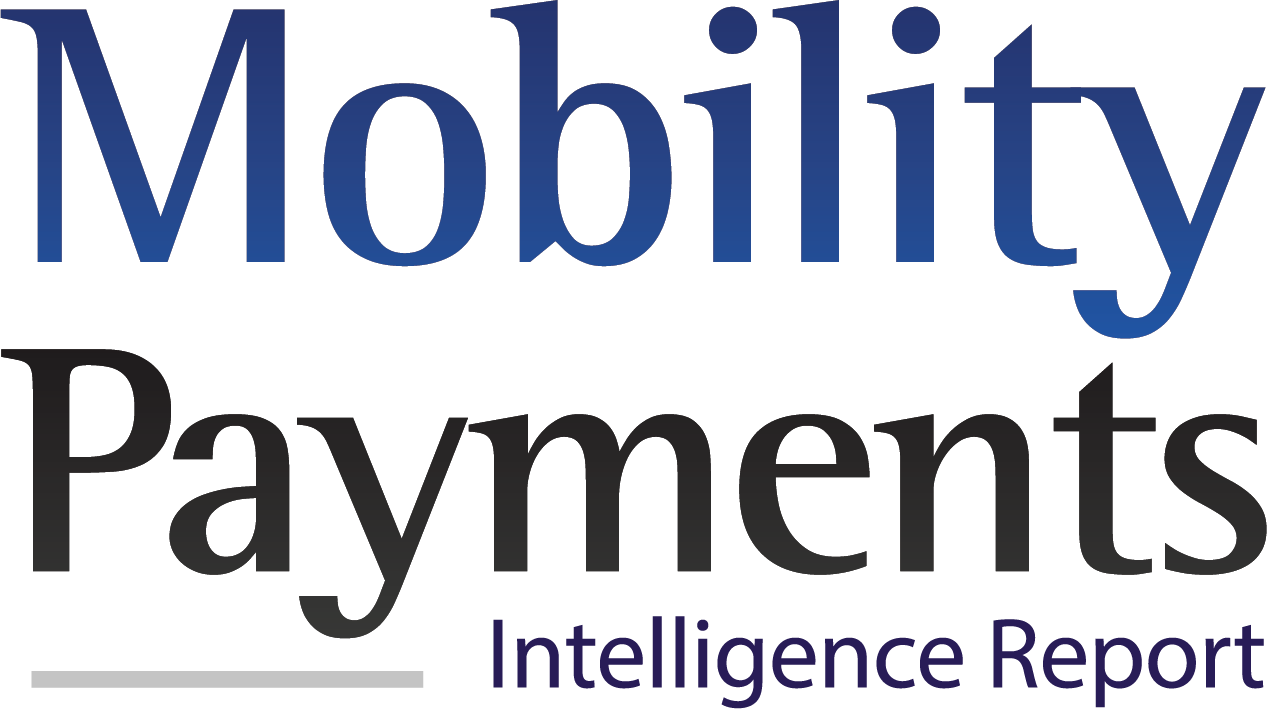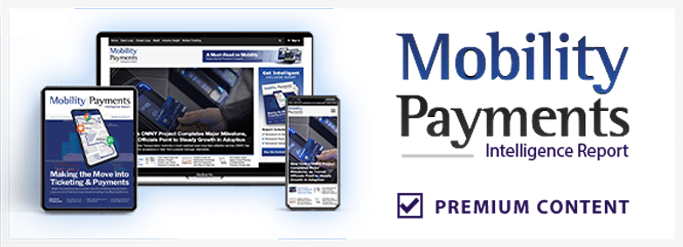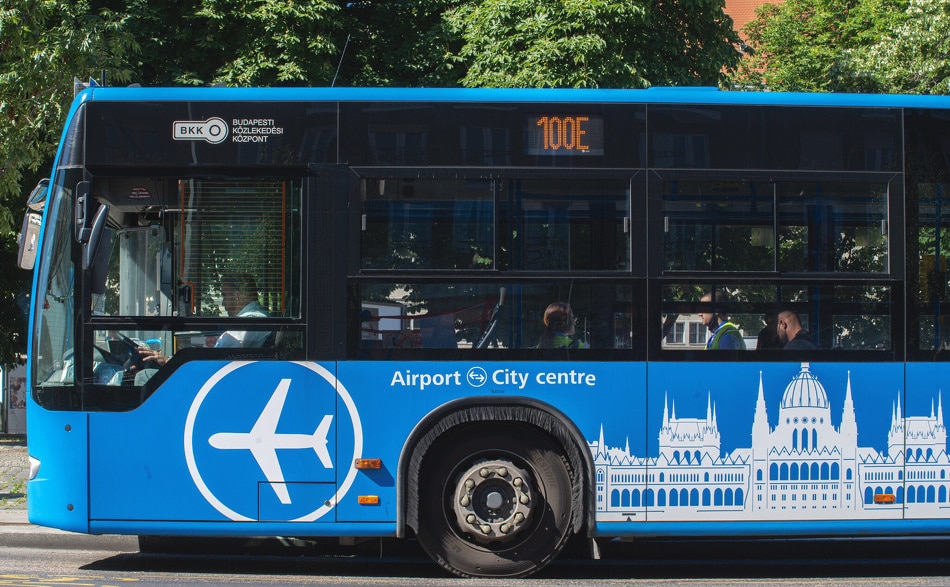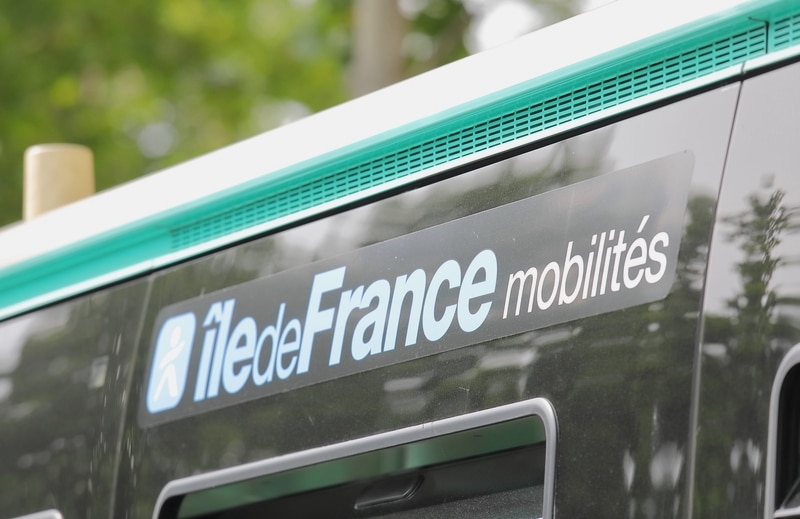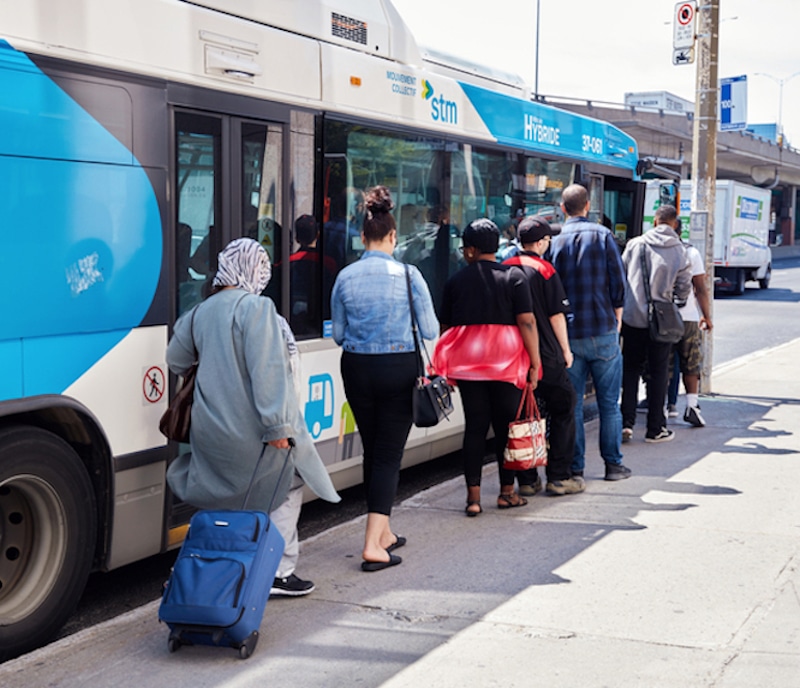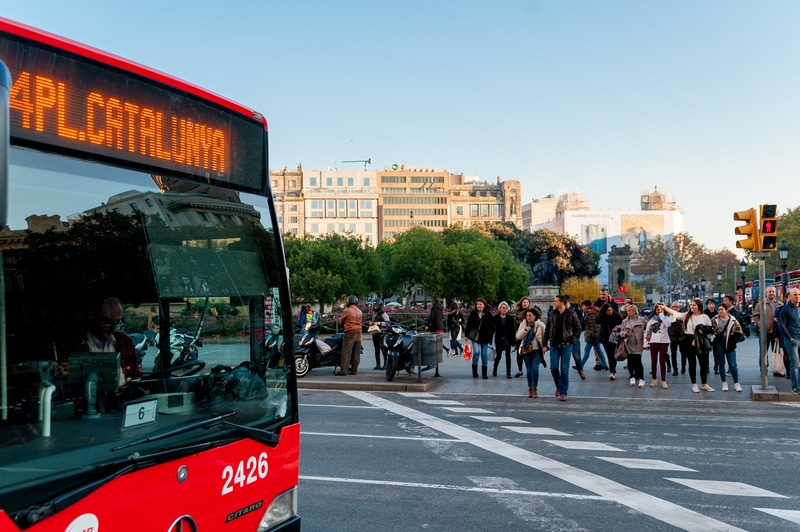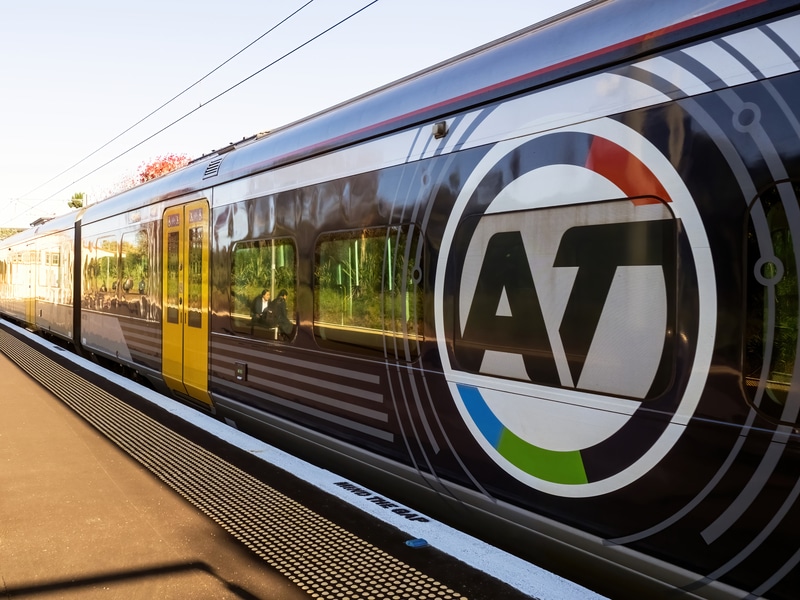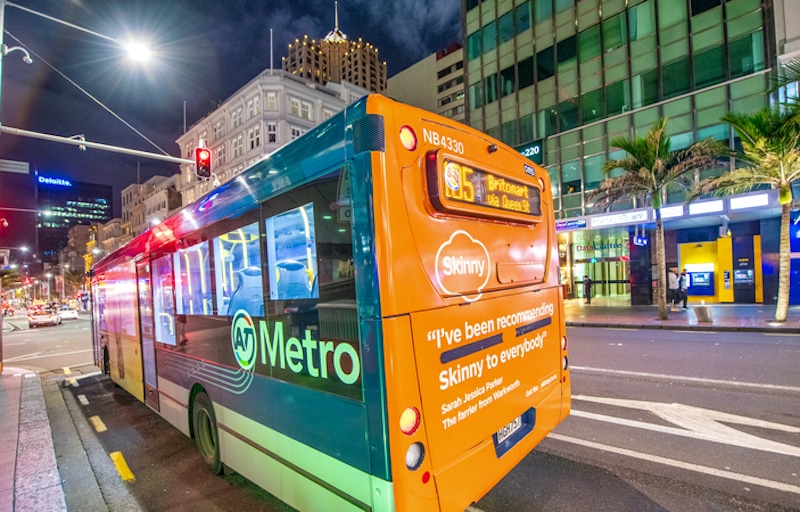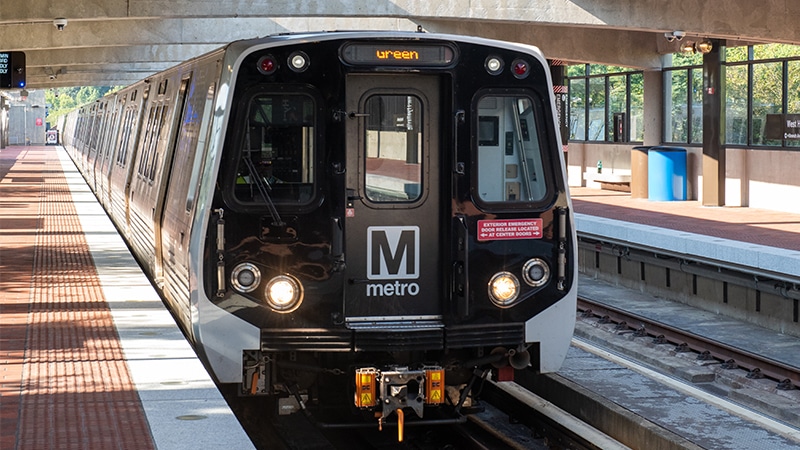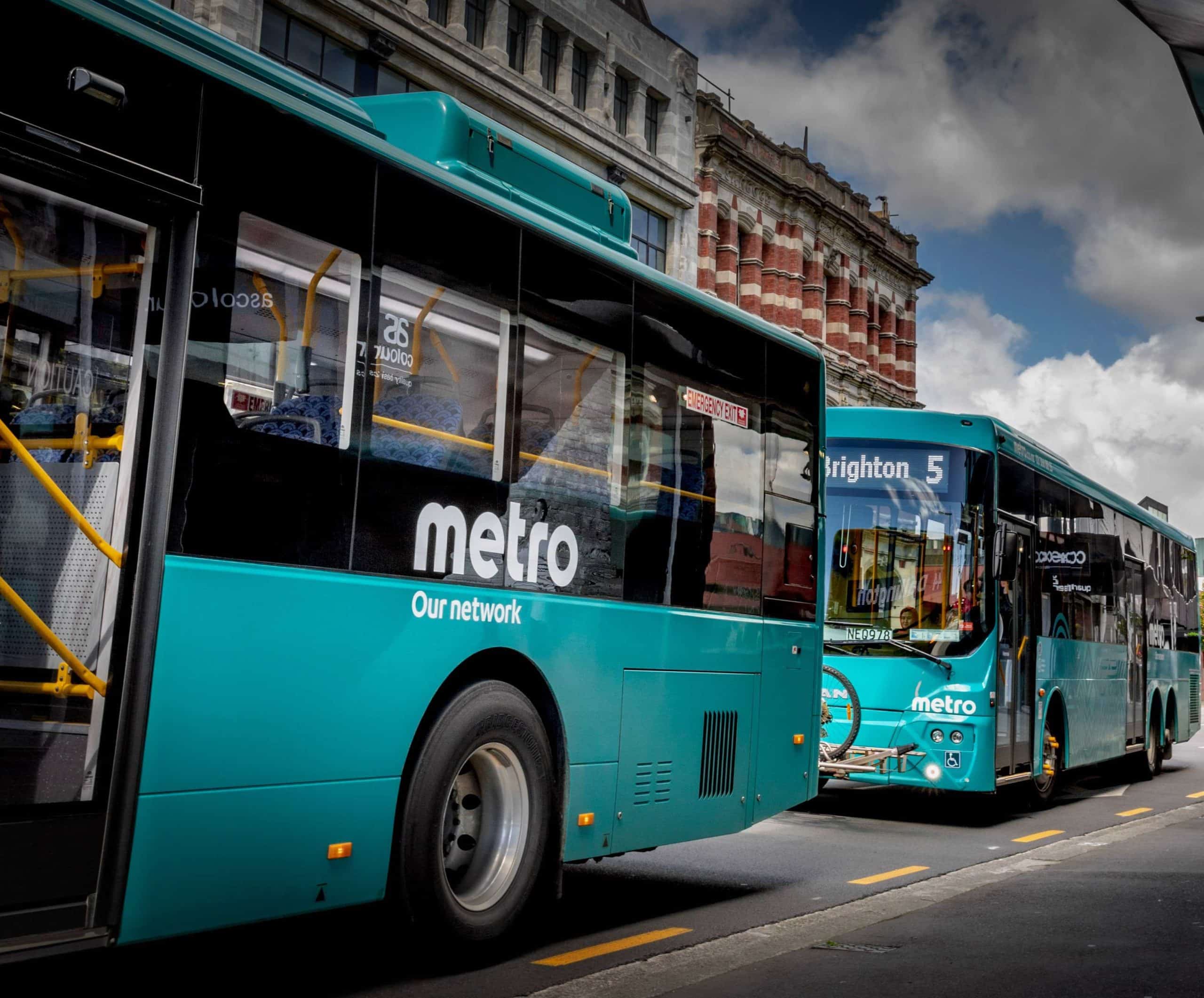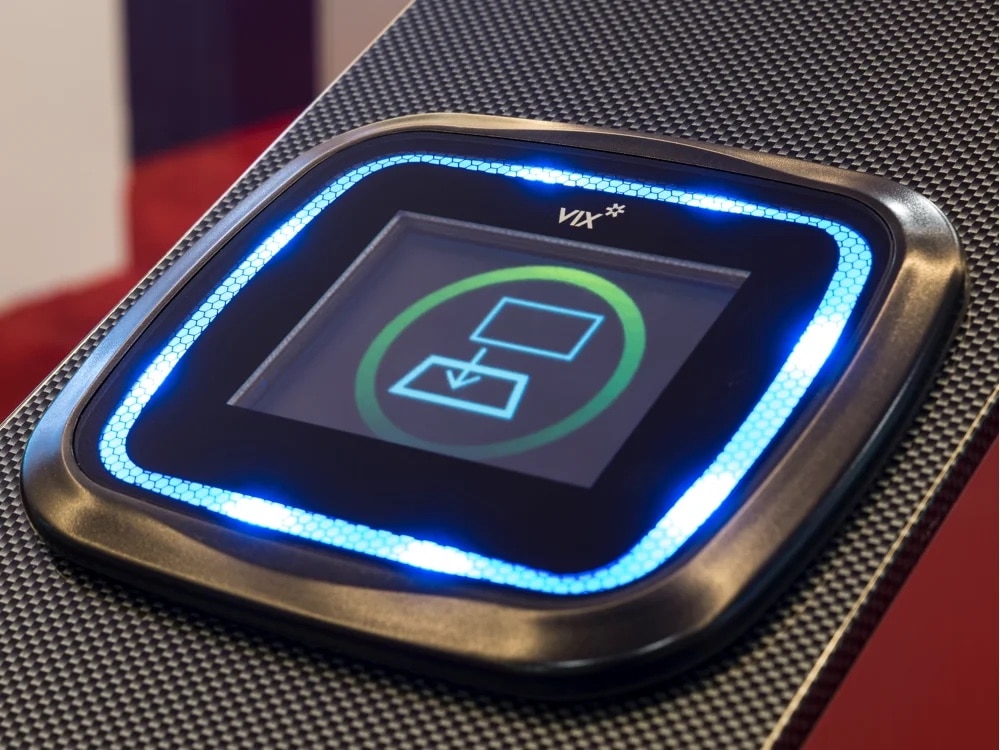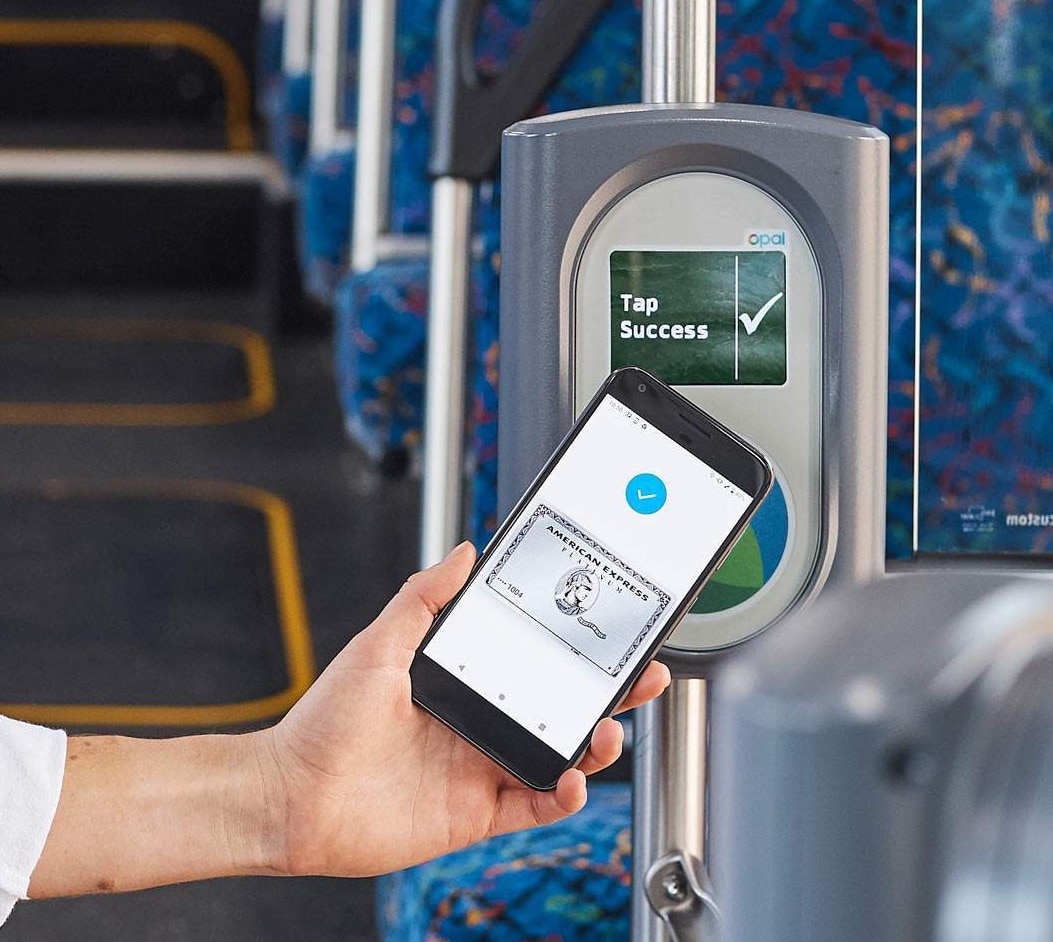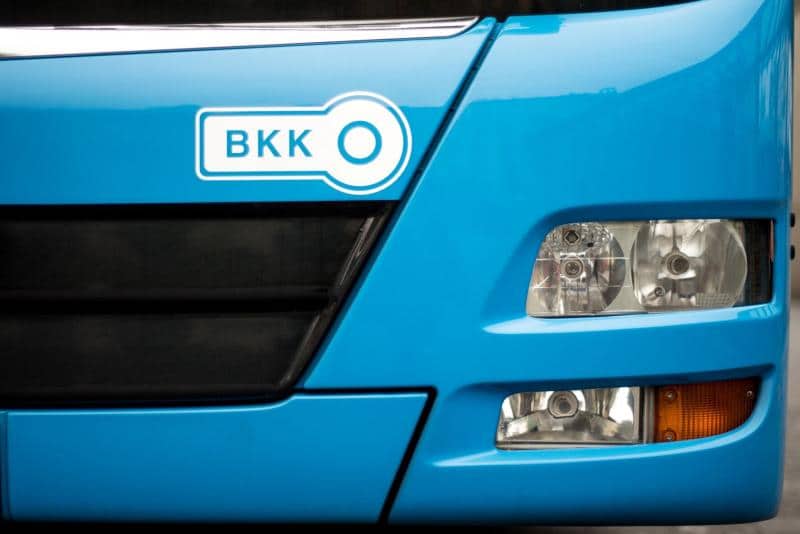
Article Highlights
Budapest public transit operator BKK will launch a pilot of open-loop payments on its airport shuttle bus line early next year, a project that involves Mastercard. The payments scheme would like to seed open-loop payments in Hungary, among other Central and Eastern European countries, probably with sponsorship money, along with other assistance.
Mastercard gave significant funds to PTOs in both Milan and Rome, which launched open loop in 2018 and 2019, respectively. The funds were believed to amount to around €5 million (US$5.1 million) for Milan operator ATM and roughly €4 million for ATAC in Rome.
• BKK (Budapest)
• Mastercard
• Monet+/Switchio
• K & H Bank
Budapest public transit operator BKK will launch a pilot of open-loop payments on its airport shuttle bus line early next year, a project that involves Mastercard.
